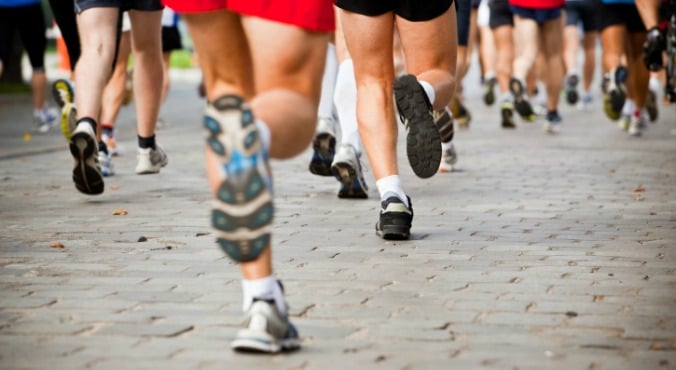
Image: Thinkstock
UPDATE: Another healthy Australian has died suddenly of heart complications while competing in a sporting event, just weeks after a 27-year-old man suffered cardiac arrest during the City to Surf.
The 39-year-old Ironman competitor died yesterday during the swim stage of the Ironman 70.3 event on Queensland’s Sunshine Coast. Fellow competitors and rescue personnel brought the man back to shore after noticing he had swam slightly off course.
“[Our] medical team worked on the gentleman for over half an hour. The team did an amazing job but were not able to revive him,” Ironman Asia Pacific CEO Geoff Meyer told the ABC.
“The thoughts from the medical team is that it was a heart attack.”
The Glow previously reported: One of Australia’s most iconic annual events ended in tragedy yesterday.
Chris Head, a 27-year-old Fox Sports employee from Coogee, collapsed as he reached the finish line of the City to Surf run in Sydney. He was rushed to St Vincent’s Hospital just after 11am, but passed away shortly after arriving. According to the NSW Ambulance Service, Mr Head had gone into cardiac arrest.
“This means the heart went into such a fast electrical rhythm that the body can’t cope and it goes into arrest, or it doesn’t function any more and it needs CPR and a shock to the heart,” explains Professor Chris Semsarian, a cardiologist from Sydney’s Royal Prince Alfred Hospital.
According to reports, Mr Head was a fitness lover who was involved in a CrossFit group and had recently returned from a trip to Kakadu. It’s hard to believe someone so young and healthy could suddenly die from a heart complication, but Professor Semsarian sees this in his clinic more often than you’d expect. Here, he answers some of our questions about cardiac arrest in young adults:





























































































